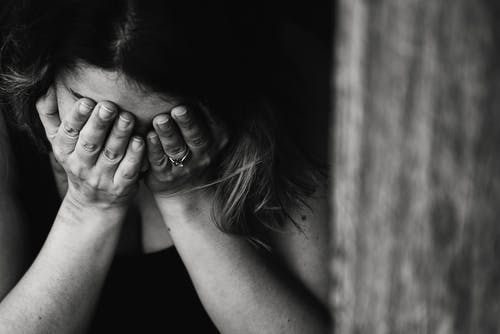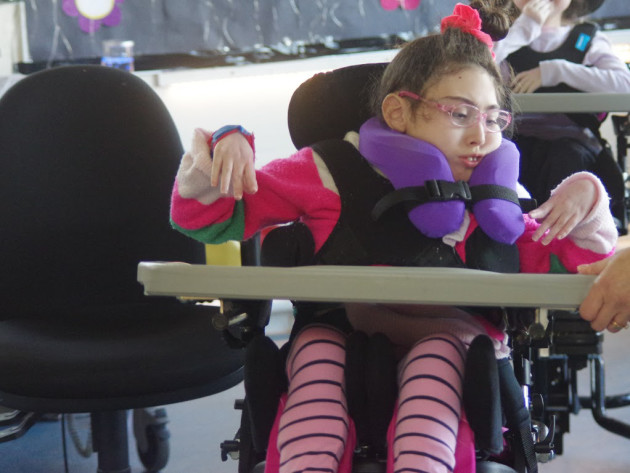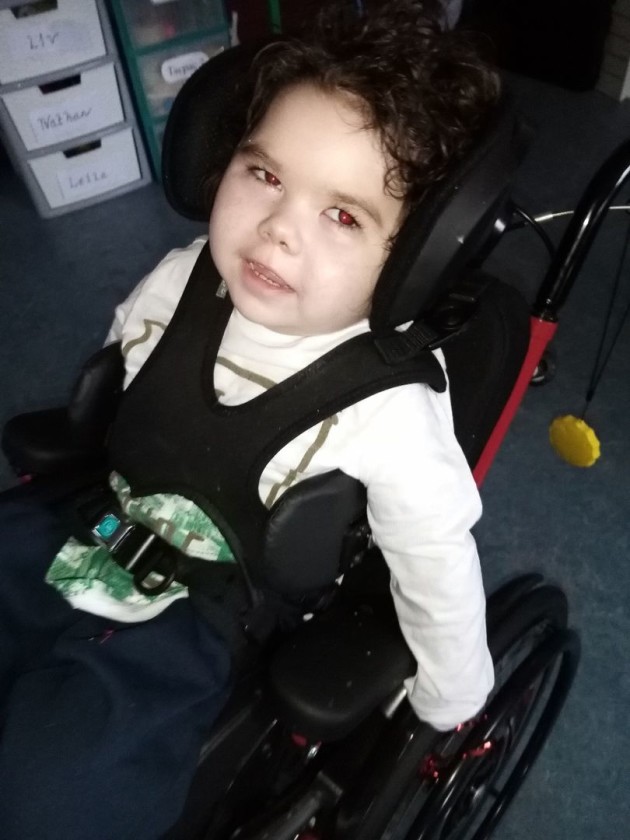
HSE plans to remove on-site services for severe and profoundly intellectually disabled children
The families of 36 children at Carmona, a South Dublin school for severe and profoundly intellectually disabled children, have been left distraught at the HSE’s decision to remove essential school-disability based services for severely disabled children.
Parents have said they are terrified of the pending systematic removal of all essential onsite disability services by the HSE, which have been provided for the school on-site since 2002.
“This planned change in services is part of the national roll out of the Policy called Progressive Disability Services (PDS) – which is due to commence on the 28 of June 2021. The delivery of services under the PDS model would involve removing all services to an off-site location or the children seeking to qualify for appointments to be facilitated at the school with no permanent team in place,” says Andrew Murnaghan, Spokesperson for the parents of Carmona School, and parent of Helen Murnaghan who attends the school.

(Pictured: Liv Leonard, aged 10)
The current system has ensured effective delivery of disability services to the children with minimal disruption to their school day. This child-centred approach has enabled the children in the school to flourish. Some of the children attending the school are at high risk of aspiration and choking and require round the clock care.
“It is imperative that the current system of permanent onsite practitioners providing disability services remain in place. The changes proposed in the PDS Model will not only have a profound negative impact on the safety, development, education and quality of life of the children, but will be a significant blow to the physical and emotional wellbeing of parents and siblings, and place added pressure on families who have already watched the regression of their loved ones since the schools closed due to Covid-19,” added Andrew Murnaghan.
The planned changes would have a catastrophic effect on the children and the disability services that they need in order to function in daily life and access the school curriculum
“We urgently request the HSE to recalibrate the PDS Model to recognise the unique and distinct needs of the severely and profoundly intellectually disabled children attending Carmona School,” says Andrew Murnaghan.
“The PDS Model appears to be at variance with the recommendations in the 2009 Report of the National Reference Group on Multidisciplinary Disability Services for children aged 5-18 and international best practice.”
The school have met with and voiced their concerns to the Children’s Ombudsman, Dr. Niall Muldoon, Special Education and Inclusion Minister Josepha Madigan and Equality, Disability, Integration and Youth with responsibility for Disability Minister Anne Rabbitte.

(Pictured: Nathan Monaghan, aged 5)
“We are very grateful for Minister Rabbitte's time and understanding. We are hopeful of a meeting with Minister for Health Stephen Donnelly, in early course.”
“We are not opposed to the PDS Model in principle. It may be appropriate for many children with less complex needs, who will undoubtedly benefit from receiving services in circumstances where they have no services at present. However, we are seeking a proper and fair dialogue with the HSE about the imminent threat to our children’s health. No clinical evidence has been made available to either the school or the parents to justify the decision to remove permanent on-site services for our children with severe or profound intellectual disabilities and other medical and complex needs.”
The therapeutic services that are to be removed include: prevention of choking risks while eating and drinking, chest physiotherapy, management of occupational therapy seating / postural support equipment, essential and specialised orthotic clinics and a hydrotherapy pool. Access to the hydrotherapy pool has an extremely positive impact on the children’s physical and mental well-being -and any loss of that facility would have a significant impact on the children of the school.
“These vulnerable children are non-verbal, we really need them to be heard,” Andrew Murnaghan added.






